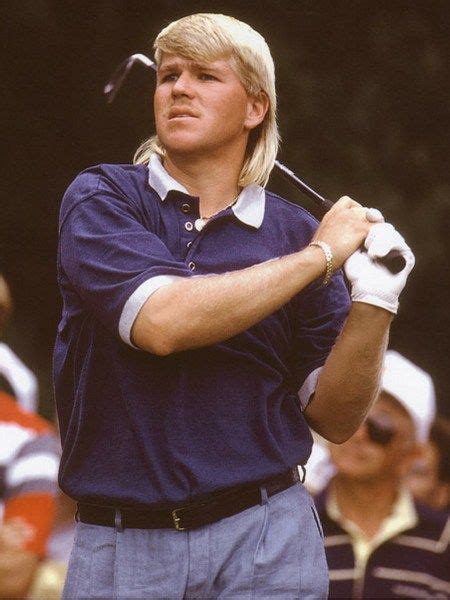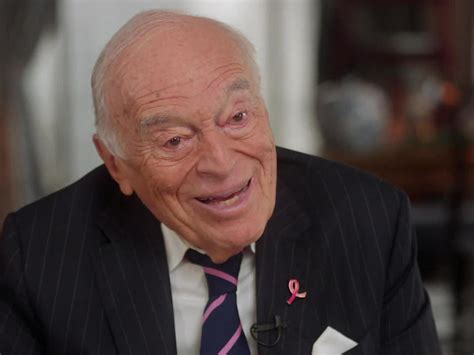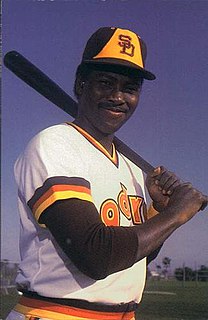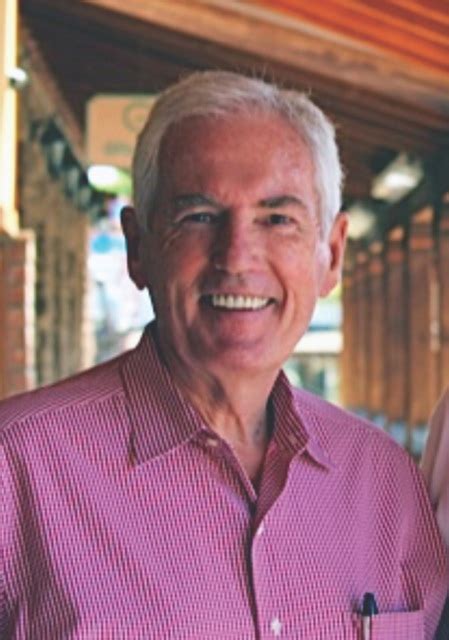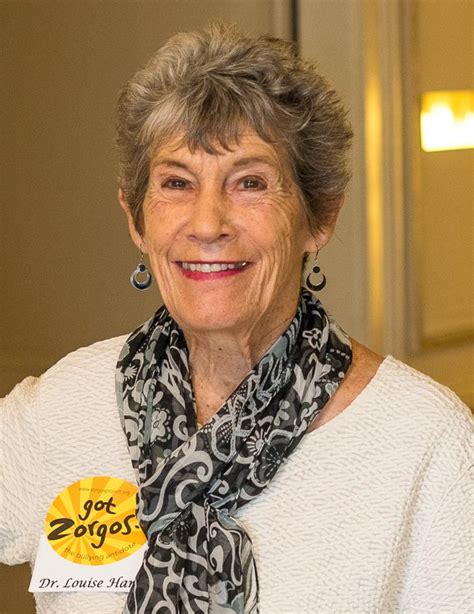A Quote by John Daly
It's a lot easier knowing you can't do something than knowing you shouldn't.
Related Quotes
Right now you can allow yourself to experience a very simple sense of not knowing - not knowing what or who you are, not knowing what this moment is, not knowing anything. If you give yourself this gift of not knowing and you follow it, a vast spaciousness and mysterious openness dawns within you. Relaxing into not knowing is almost like surrendering into a big, comfortable chair; you just fall into a field of possibility.
A visionary is someone who can see the future, or thinks he sees the future. In my case, I use it and it comes out right. That doesn't come from daydreams or dreams, but it comes from knowing the market and knowing the world and knowing people really well and knowing where they're going to be tomorrow.
The motive that impels modern reason to know must be described as the desire to conquer and dominate. For the Greek philosophers and the Fathers of the church, knowing meant something different: it meant knowing in wonder. By knowing or perceiving one participates in the life of the other. Here knowing does not transform the counterpart into the property of the knower; the knower does not appropriate what he knows. On the contrary, he is transformed through sympathy, becoming a participant in what he perceives.
Some find it easier to bend their knees than their minds. Exciting exploration is preferred to plodding implementation; speculation seems more fun than consecration, and so is trying to soften the hard doctrines instead of submitting to them. Worse still, by not obeying, these . . . lack real knowing. Lacking real knowing, they cannot defend their faith and may become critics instead of defenders!
A large part of the impresario's job has to do with maintaining and communicating standards of performance. Knowing how to set those standards - which are often more subjective than analytical - means knowing how to communicate the difference between something that is great and something that is just O.K.
Self-esteem creates natural highs. Knowing that you're lovable helps you to love more. Knowing that you're important helps you to make a difference to to others. Knowing that you are capable empowers you to create more. Knowing that you're valuable and that you have a special place in the universe is a serene spiritual joy in itself.
